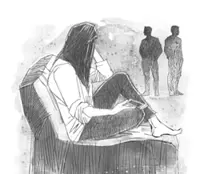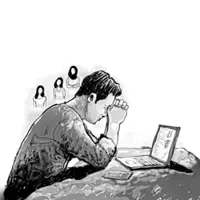My father has always been an independent person. He was taking care of himself and my mother and was still working in his 70s. However, he decided to stop working at about 75 as his vision was not so good. But he could still drive my mother around the neighbourhood for errands and meals.
However, about two years after he stopped working, my sister noticed that he was becoming forgetful and would misplace things like his car keys. Once, I received a call from my dad saying that he had driven to the petrol station but couldn't remember how to get home. Luckily, I was nearby and was able to rush to his location and ask him to follow my car as I slowly drove back to his house.





